Road cycling news
-
3/3/25Paris-Roubaix and Paris-Roubaix Femmes – arguably the most popular and prestigious one-day races in cycling, return in April for a weekend of cobble-crunching racing and excitement along the historic pavé of Northern France.
-
2/27/25The Tour of Flanders is poised to feature a stellar line-up, with the second Spring Classic Monument of the season showcasing world champions and cobbled Classics specialists. Discover everything you need to know regarding the men’s and women’s start lists, route details, and all the key storylines.
-
2/27/25The Aeroad CFR is now fully configurable. Learn how to customise your road bike’s components and which parts to pick in this deep dive article.
-
2/27/25Dive into a showcase of Canyon’s best-loved custom bike designs from recent years, and discover the stories behind them.
-
2/27/25The frame designs and paint jobs for MyCanyon are the most complex and ambitious we have ever conceived. Senior Graphic Designer Lukas Beck has led the charge from start to finish.
-
1/28/25Riding fast means you must know how to stop quickly. Here are the best tips for stopping like a pro
-
11/21/24Combining the speed of a thoroughbred road bike with tires wide enough to fly over rough surfaces, all-road bikes are designed to go anywhere and to get there fast.
-
11/14/24New bike or coming back from an injury? Here’s how to make your ride faster and more comfortable.
-
10/25/24Four Canyon victories at the UCI Track World Championships.
-
10/23/24A triathlon can be the ultimate test for endurance athletes. How far you go is up to you.
-
10/9/24The road world championships are the pinnacle of one-day competition in pro cycling. In September 2024, Canyon’s athletes once again took to the roads of the Worlds in pursuit of rainbow bands, in Zurich, Switzerland. Here’s how they got on.
-
10/8/24The new Aeroad has already raced to the next level since its launch, with big wins, dream reviews, and top test results.
-
10/4/24Take a closer look at cyclocross vs road bikes and the nuances in design that make each better suited for their intended purpose.
-
9/12/24It’s time to change gears … let’s talk shifting.
-
9/3/24Discover when and how to change road bike tyres in this simple and easy-to-follow guide.
-
8/28/24You want to go faster on your road bike? We can help you.
-
8/27/24Bikes, races, mud and madness: that’s cyclocross racing. Learn about the sport, its roots, training strategies and pro tips from Canyon athletes to ride like a champion.
-
8/22/24A true testament for women's cycling as CANYON//SRAM Racing's Kasia Niewiadoma celebrates in yellow and Fenix-Deceuninck's Puck Pieterse claims the white jersey
-
8/21/24Sure, you can ride a bike. But can you ride like a Canyon pro rider?
-
8/15/24Nine seasons at the highest level. A relationship built on trust, and a constant demand for greatness from both sides.
-
-
7/19/24Crit racer Alec Briggs has long pushed the limits of what’s possible on a road bike. Here, the TEKKERZ team founder gives us his eight secrets of speed.
-
7/19/24As the new Aeroad launches, we look back on the amazing 15-year history of a bike that has changed the sport.
-
7/18/24Canyon makes some of the best road bikes in the world (just ask world champion Mathieu Van Der Poel), but with three incredible options – the Ultimate, Endurace, and Aeroad – how do you choose the best for you?
-
7/17/24Hybrid and gravel bikes are tailored to specific riding styles and environments. We will explore the key differences so you can choose the right bike for you.
-
7/1/24Canyon riders Mathieu van der Poel and Chloe Dygert are set to defend their respective rainbow bands at the 2024 UCI Road World Championships in September. Find out everything you need to know about their prospects in Zurich, plus how to watch and when it’s on.
-
6/15/24With eight tough stages capped by a mountain top finish on the legendary Blockhaus climb, the Giro D’Italia women enters a new era in 2024 with a challenging route designed to test every aspect of a racer in the fight for the coveted maglia rosa.
-
6/14/24Love long days in the saddle or do you have a need for speed? Let us help you pick the right new Canyon model for you.
-
6/12/24Which is faster – a lighter weight or more aerodynamic bicycle? More importantly, which is the right bike for you?
-
5/29/24City bike vs road bike: which is right for you? Whether you’re leaning towards the performance edge of a road bike or the functional machine that is the city bike, let’s take a closer look at how these two models measure up.
Content is loading
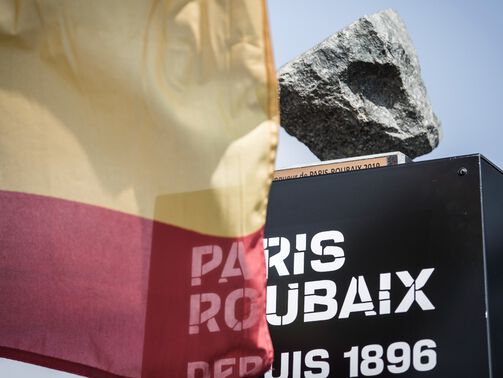

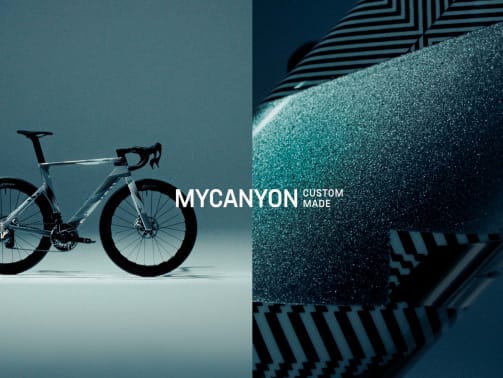
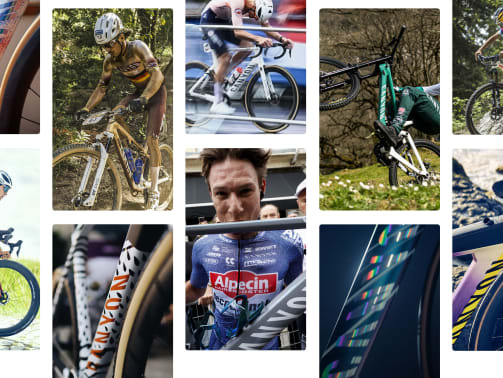
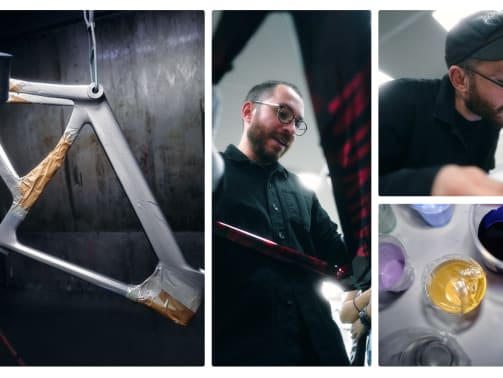
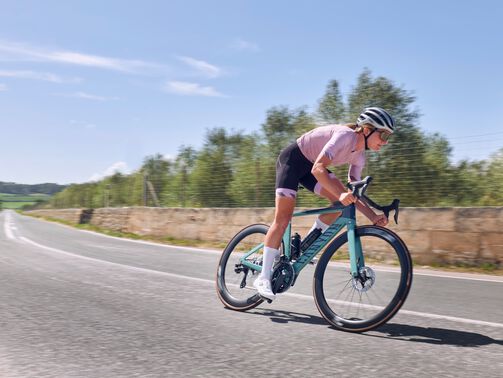
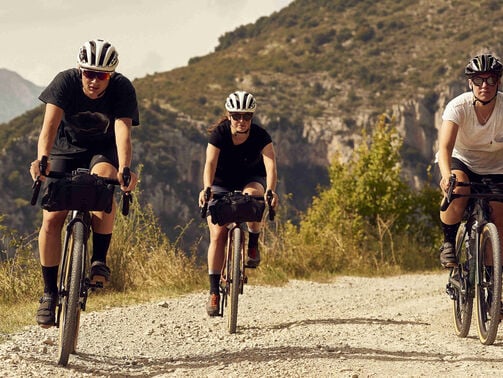


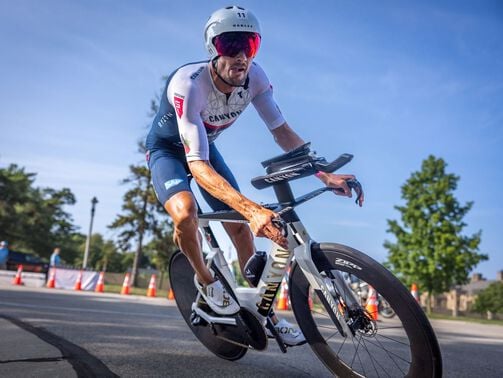



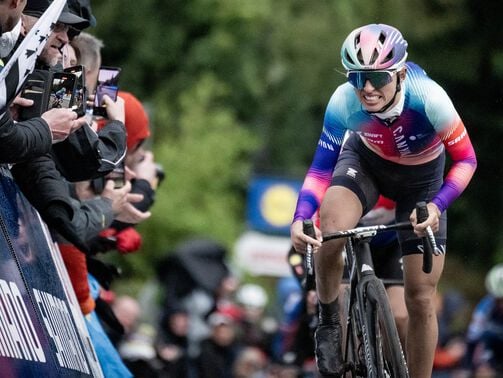
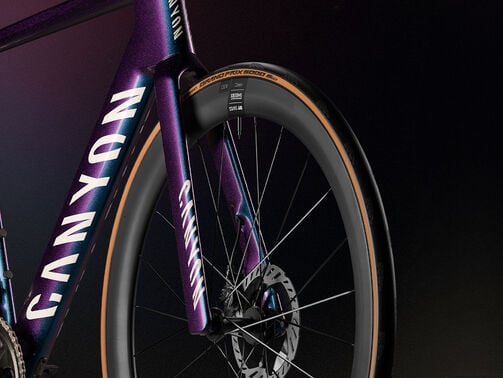
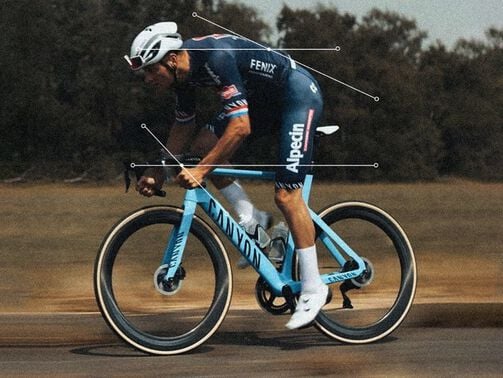













.jpg?sw=503&sh=378&sm=cut&sfrm=jpg&q=80)
